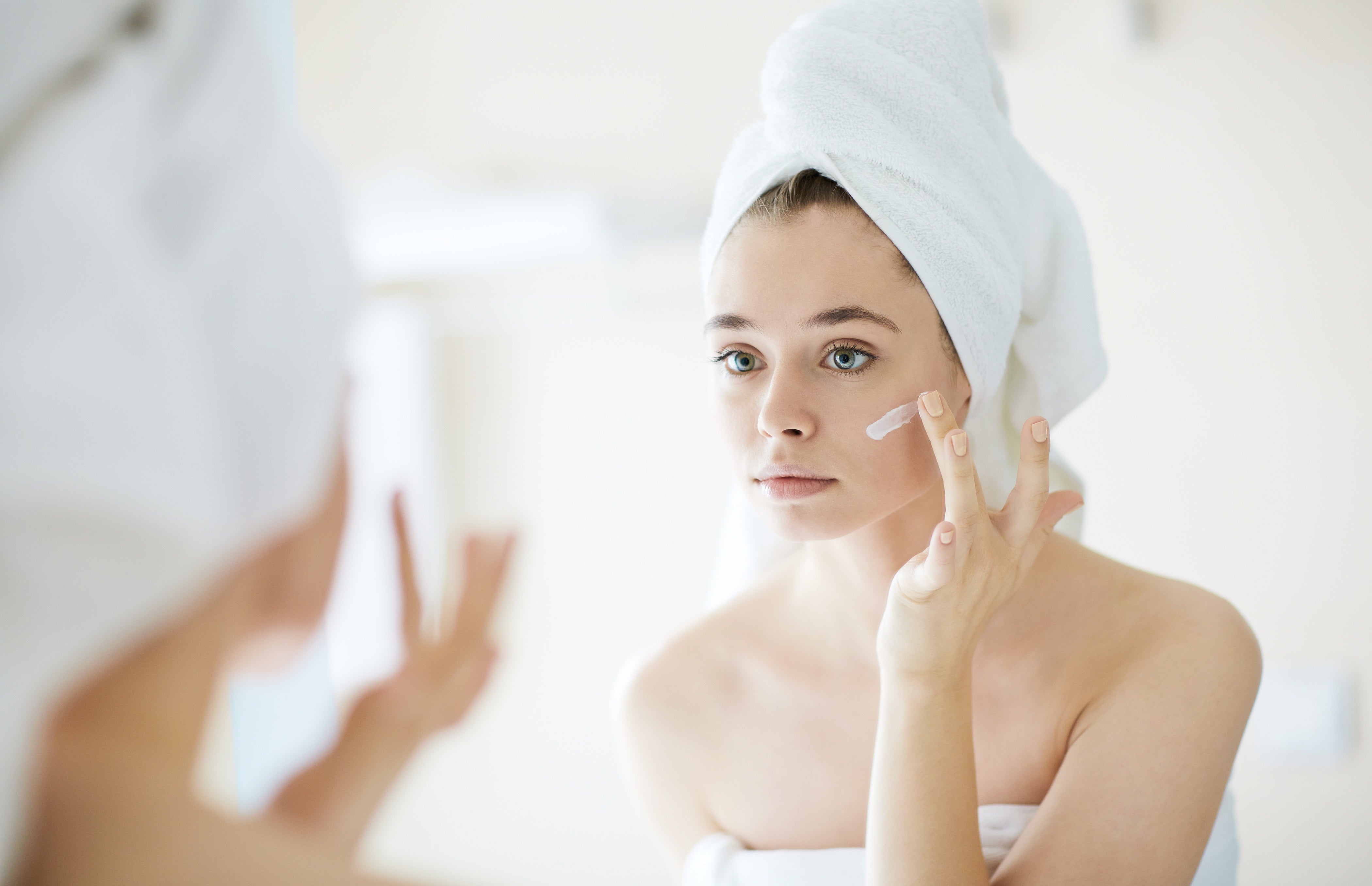Mask On, Acne Off: Facial mask for Acne
People of all ages can get acne, which is a common skin condition. It happens when oil and dead skin cells get stuck in the hair follicles, which leads to pimples, blackheads, and whiteheads. Acne is not a serious health problem, but it can make a person feel bad about themselves and hurt their self-esteem. People who have acne often use face masks to get rid of it. In this article, we'll talk about the benefits of a facial mask for acne and how to choose the right one for your skin.
Facial masks are a common way to take care of your skin and can help make it look and feel better. They work by sending concentrated ingredients directly to the skin, which helps to unclog pores, get rid of dead skin cells, and reduce inflammation. When it comes to acne, face masks can be very helpful because they can help stop your skin from making too much oil and kill the bacteria that cause breakouts.

Clay masks are one of the most popular ways to treat acne on the face. Clay masks have natural ingredients like bentonite or kaolin clay that help absorb oil and clear out pores. These masks can also help reduce redness and inflammation, which makes them a great choice for people whose skin is prone to acne. The charcoal mask is another option. It has activated charcoal, which is known for its ability to draw out dirt and oil from the skin. Masks made of charcoal are especially good for people with oily skin.
It's important to think about your skin type when choosing a face mask for acne. If your skin is dry or sensitive, a clay mask might be too harsh and make things worse. Instead, look for a mask that is easy on the skin and has soothing ingredients like oatmeal or aloe vera. If you have oily skin or skin that is oily and dry at the same time, a clay or charcoal mask may be a better choice because it will help control the oil and reduce shine.
It's also important to use face masks the right way if you want your skin to get the most out of them. First, wash your face to get rid of any dirt or makeup. Then, put the mask on your face, making sure to avoid your eyes and lips. Leave the mask on for the time it says to, which is usually between 10 and 15 minutes, then rinse it off with warm water. Finish by putting a moisturizer on your skin to help it stay hydrated and protect it.
Face masks can be a great addition to your skincare routine, but they shouldn't be used instead of other acne treatments. If your acne is severe or keeps coming back, you should see a dermatologist who can help you come up with a plan to treat it. Also, it's important to keep a healthy diet and way of life, since things like stress and diet can make acne worse.
In the end, facial masks can be helpful for people who want to make their skin look better and feel better. Clay and charcoal masks can be especially helpful for people with acne-prone skin because they can unclog pores, reduce inflammation, and stop oil production. To get the most out of a facial mask, it's important to think about your skin type and how to use it. Remember that face masks can help, but for the best results, they should be used along with other acne treatments and a healthy lifestyle.





